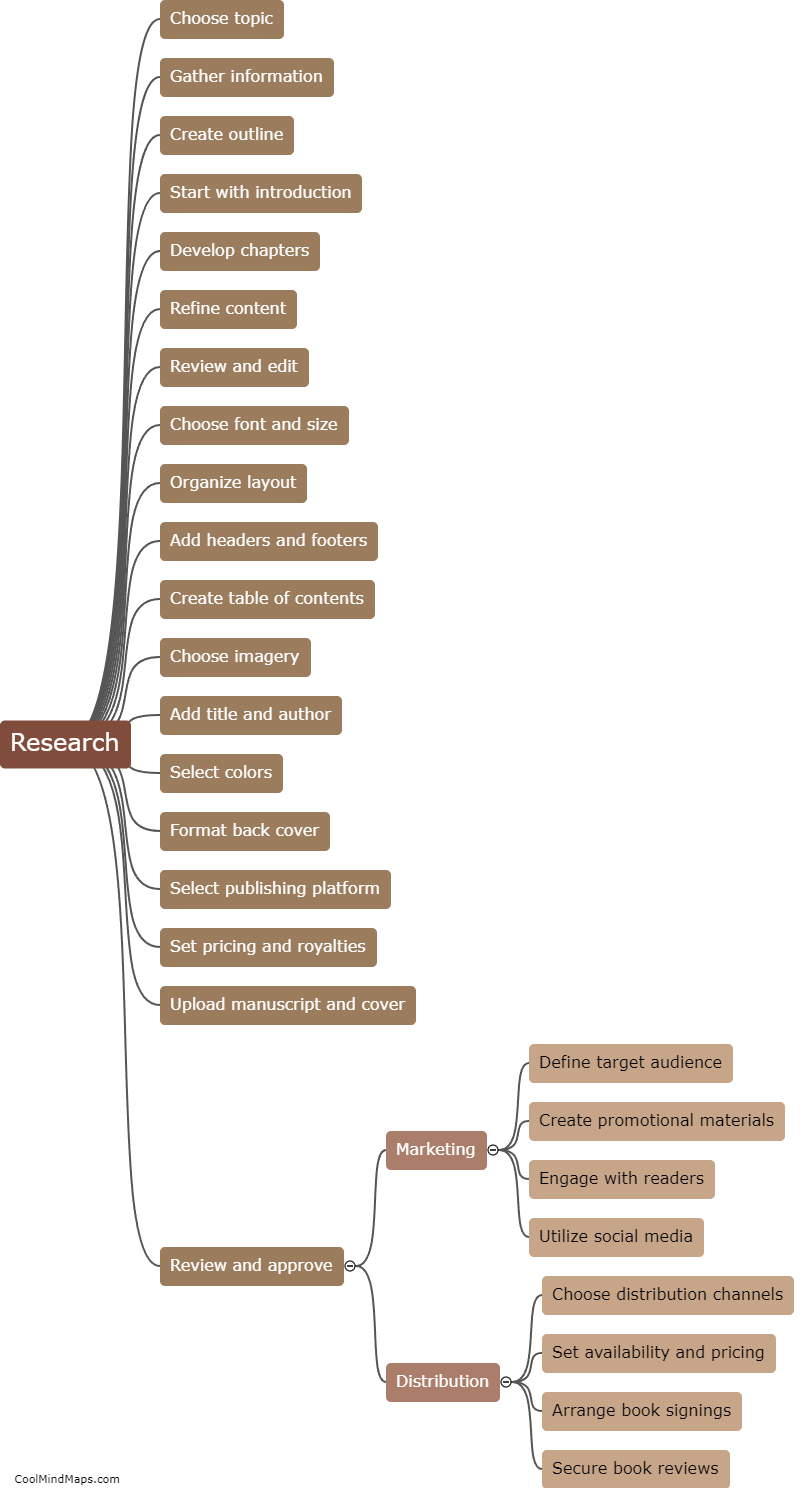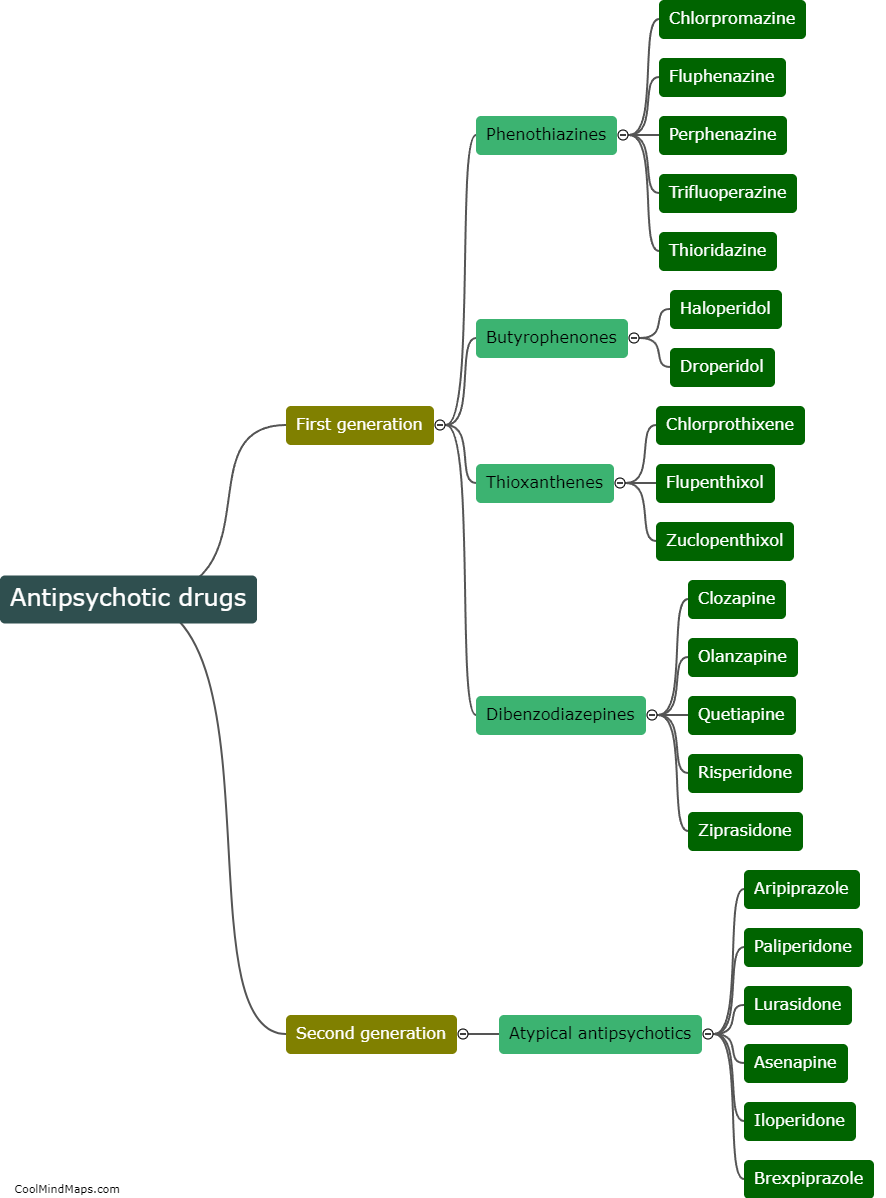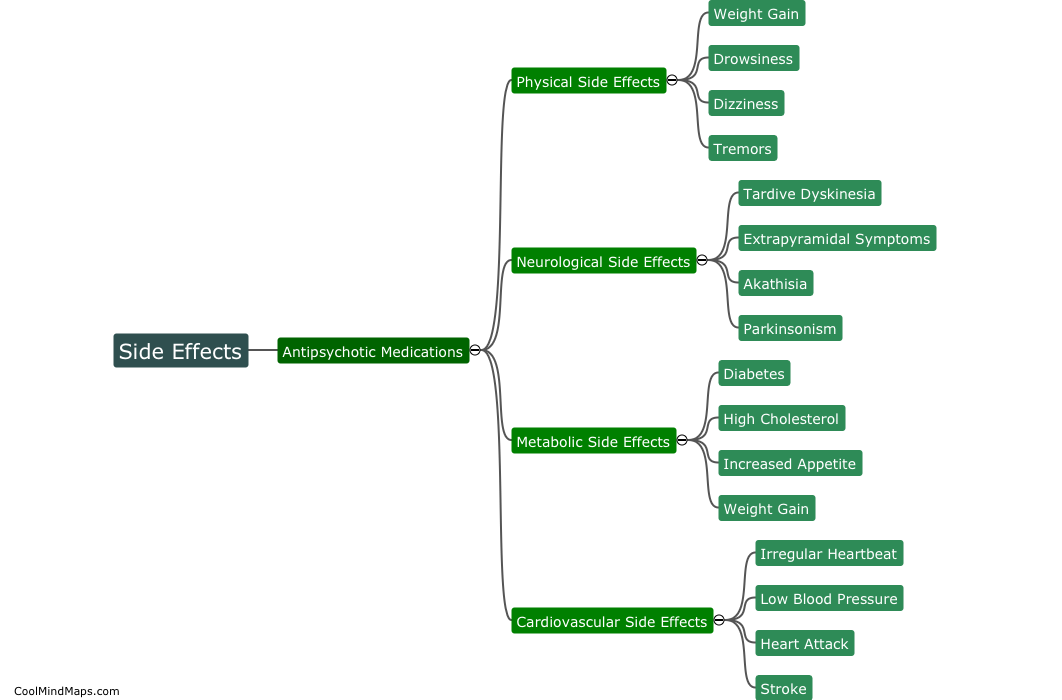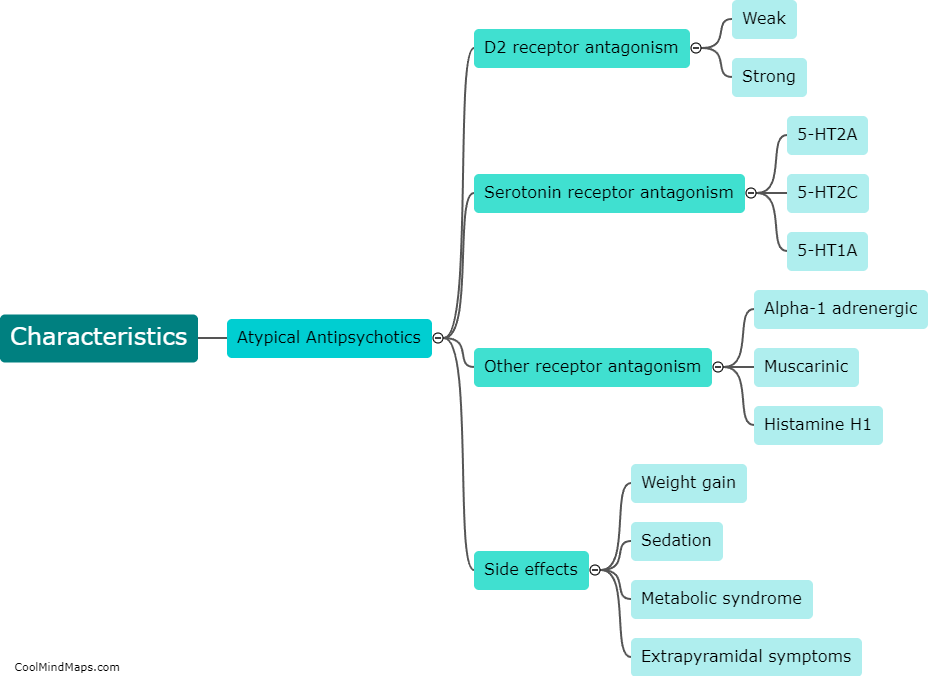How do antipsychotic drugs work in the brain?
Antipsychotic drugs are medications used to treat various mental health conditions, such as schizophrenia and bipolar disorder. These drugs primarily work by targeting certain neurotransmitters in the brain, namely dopamine and serotonin. Antipsychotics mainly block the dopamine receptors, reducing excessive activity in the dopamine pathways associated with psychotic symptoms. By doing so, these medications help to alleviate hallucinations, delusions, and other psychotic symptoms. Some antipsychotic drugs also have an impact on serotonin receptors, which may contribute to their effectiveness in managing mood symptoms and improving overall emotional well-being. Overall, antipsychotic drugs help restore the balance of neurotransmitters in the brain, leading to a reduction in symptoms and an improvement in mental health. It's important to note that individual responses to these medications can vary, and their usage should always be under the guidance of a healthcare professional.

This mind map was published on 6 July 2023 and has been viewed 101 times.











